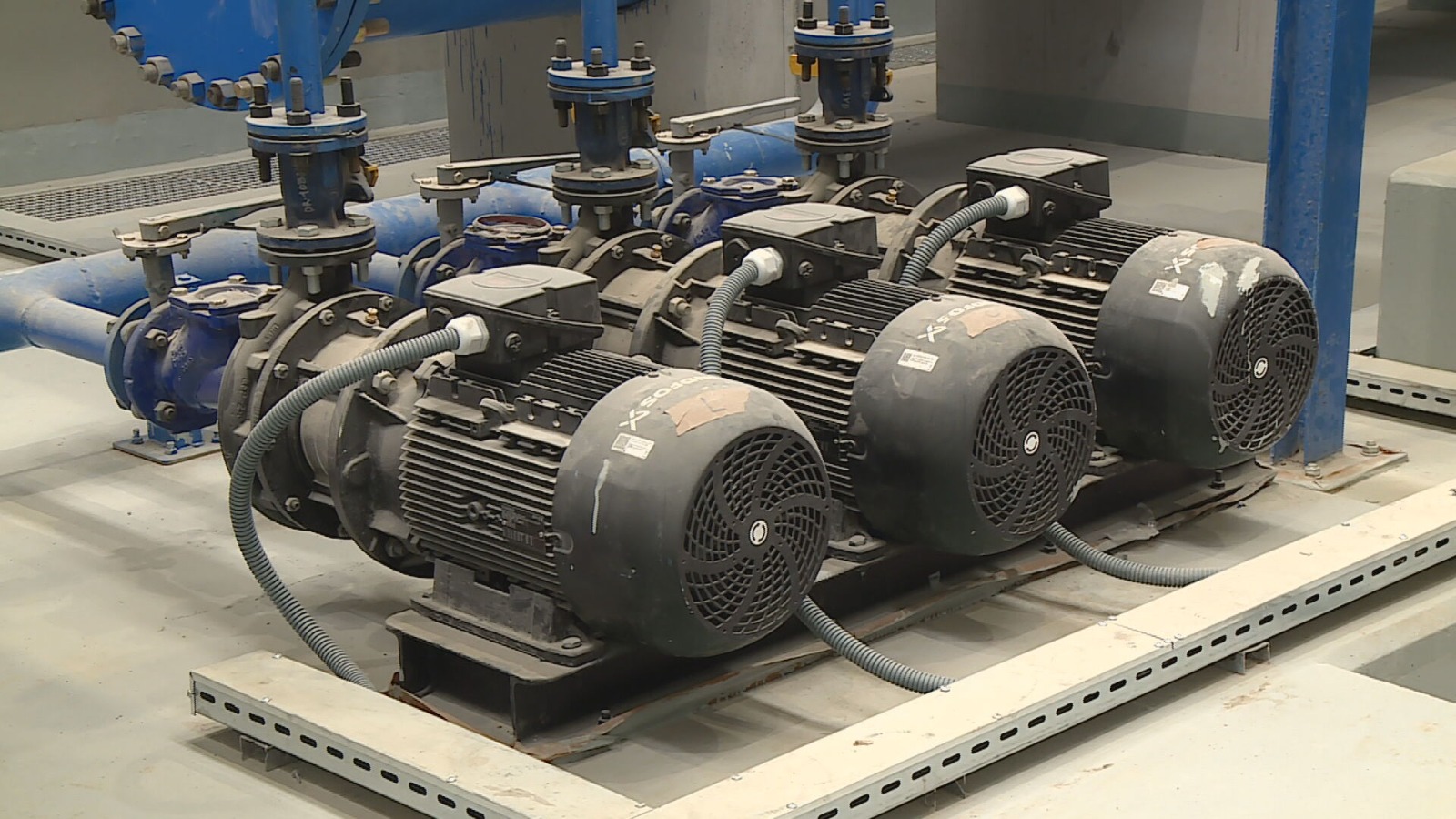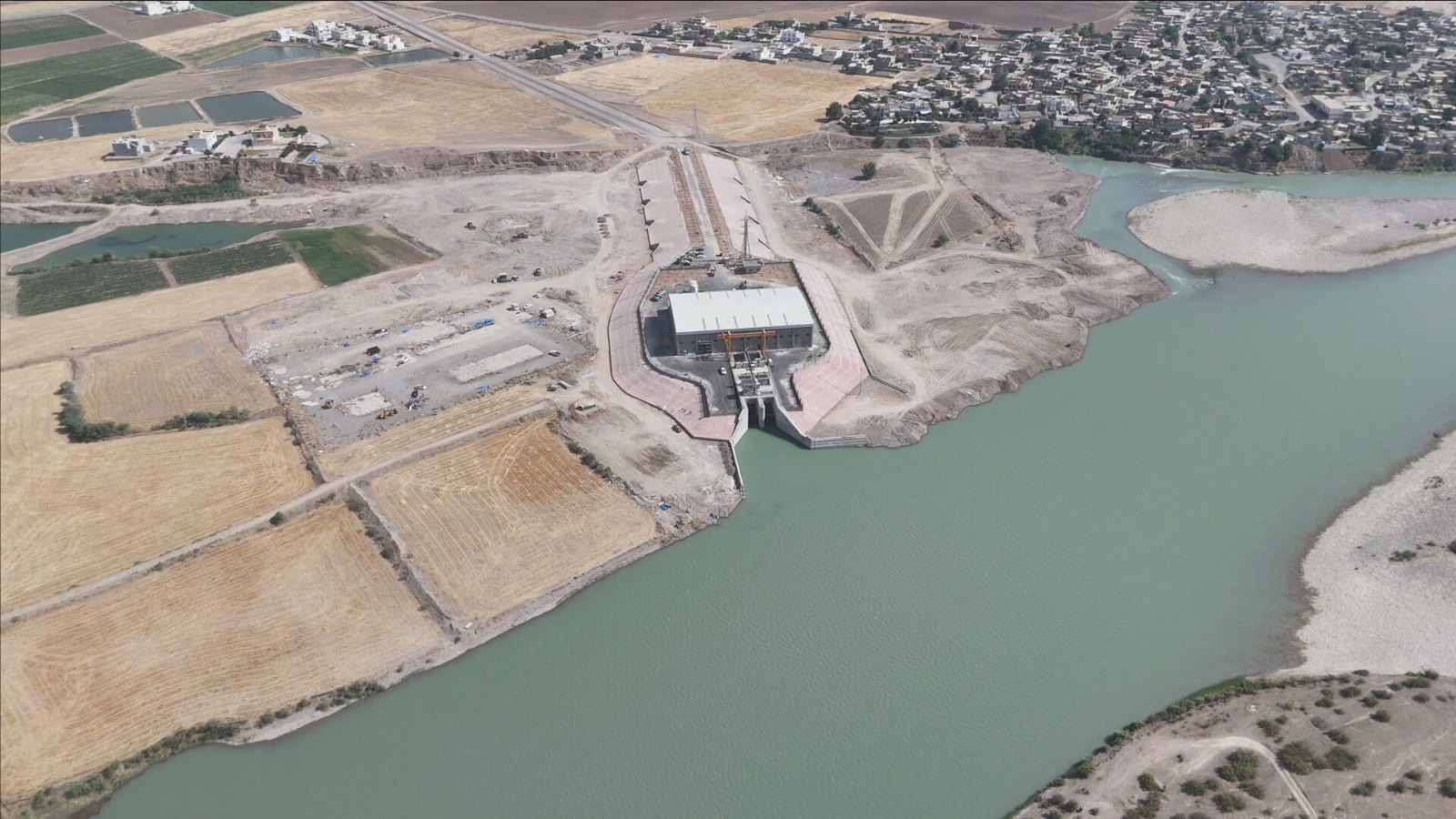Erbil Emergency Water Project Nears Completion, Promises Relief for Over a Dozen Neighborhoods
Erbil’s Emergency Water Supply Project nears 90% completion. Phase one—serving key streets and districts—will finish by July 15, officials say. The project will supply 10,000 m³/hr from the Great Zab, aiming to ease the city's water crisis for over 30 years.
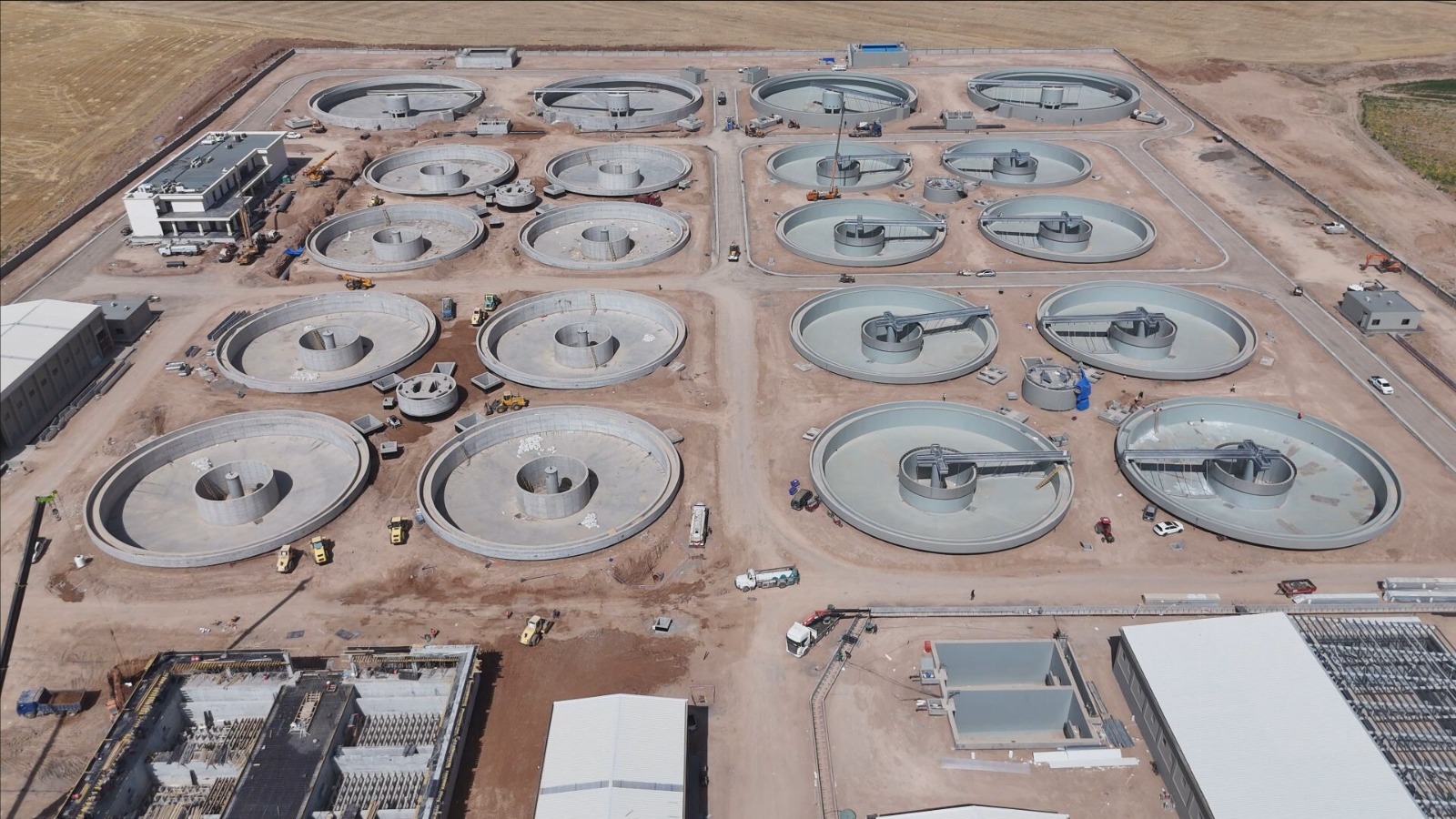
By Kamaran Aziz
ERBIL (Kurdistan24) — The first phase of the Erbil Emergency Water Supply Project is set for completion by July 15, 2025, with the broader project nearing 90% completion, according to senior officials overseeing its implementation.
Speaking to Kurdistan24 on Tuesday, Ari Ahmad, Director General of Water and Sewerage in the Kurdistan Region, confirmed that the first phase covers Rashkin, Makhmour, Kirkuk, Koya Streets, and the new Mosul Road. “The first phase of the Erbil Emergency Water Supply Project — covering Rashkin, Makhmour, Kirkuk, Koya Streets, and the new Mosul Road — will be completed by July 15,” Ahmad stated.
He added that the second phase has already begun, and work is ongoing on major pipelines. “We have several pipelines: two of 1200mm and two others of 1800mm diameter, all operating within Erbil,” Ahmad said, noting that full operational capacity is expected within the next three months. Once completed, the project will provide both direct and indirect service to Erbil’s residents.
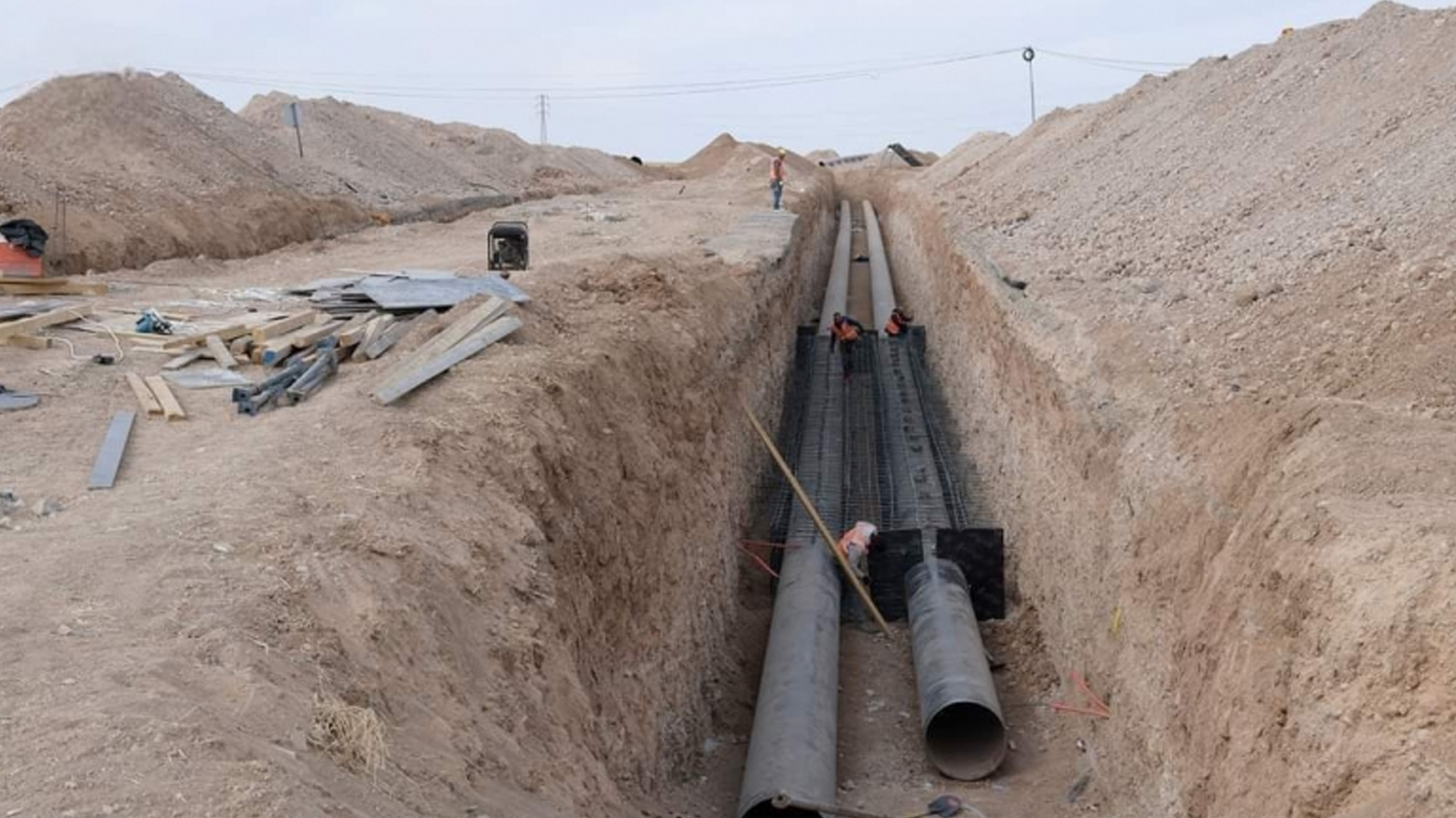
The first phase alone is projected to address between 65% and 70% of the city's existing water supply issues. Beneficiary areas include 32 Park, Turaq, Mamzawa, Sarkarez, Qatawi Bagh Minara, Zhyan, Roshnbiri, Farmanbaran, Hawkari, Birkoti Nwe, Penji Hasarok, and Zilan. Adjacent neighborhoods such as Altun, Hiran, Awena Shar, Zaytun, Daretu, Binaslawa, and Kasnazan will also benefit.
Addressing the issue of water wells, Ahmad noted that “the wells in Erbil will remain in service and powered by electricity, but they are currently idle. They serve as a backup in case of emergency or if any issues arise in the main project.”
On storage infrastructure, he stated: “We have seven different-sized water reservoirs in Erbil, apart from the three main stations in Sebiran, which together store more than 120,000 square meters of water.”
The project was inaugurated in August 2024 by Kurdistan Region Prime Minister Masrour Barzani. Since then, implementation has progressed rapidly under the supervision of the Kurdistan Regional Government (KRG), with execution carried out by the local engineering firm “Hemn Group.”
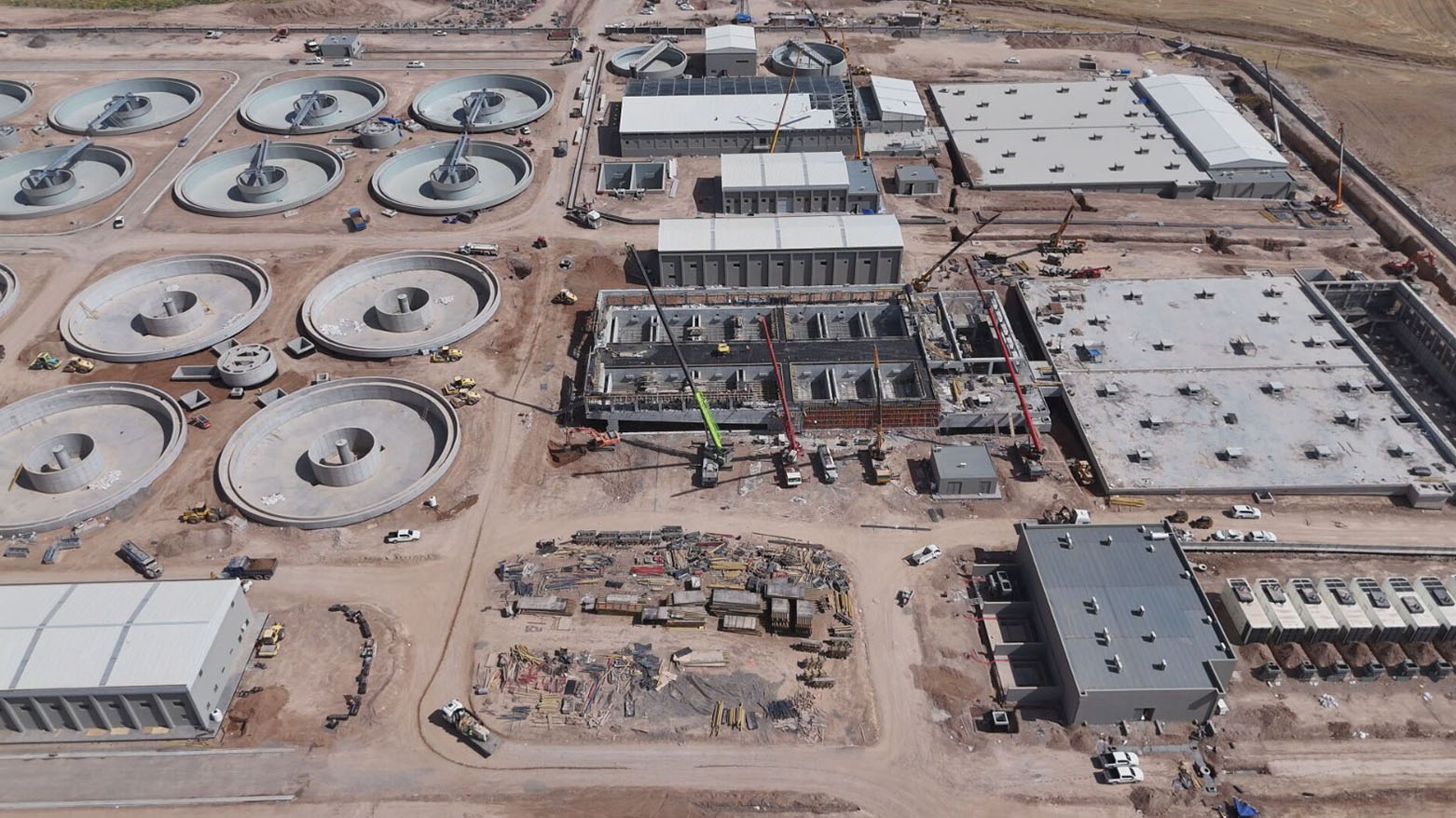
Engineer Payam Hassan, one of the project’s supervisors, explained to Kurdistan24: “We began work in August last year, and we have now passed a very important phase. We have reached the trial operation stage of the treatment basins, pumps, and generators. We are working on connecting the networks, and water is scheduled to reach the city of Erbil during this month.”
The Erbil Emergency Water Supply Project includes two stations for water pumping and treatment, multiple pipelines, and several strategic reservoirs. It draws water from the Great Zab River, where it undergoes several treatment phases before reaching Erbil’s distribution tanks.
Hemen Othman, director of the project, also spoke to Kurdistan24. “One of the two project lines (Line A) has been completed by 98% and is ready to pump water to the city, while the second line (B) is expected to be completed within the next two months,” he confirmed.
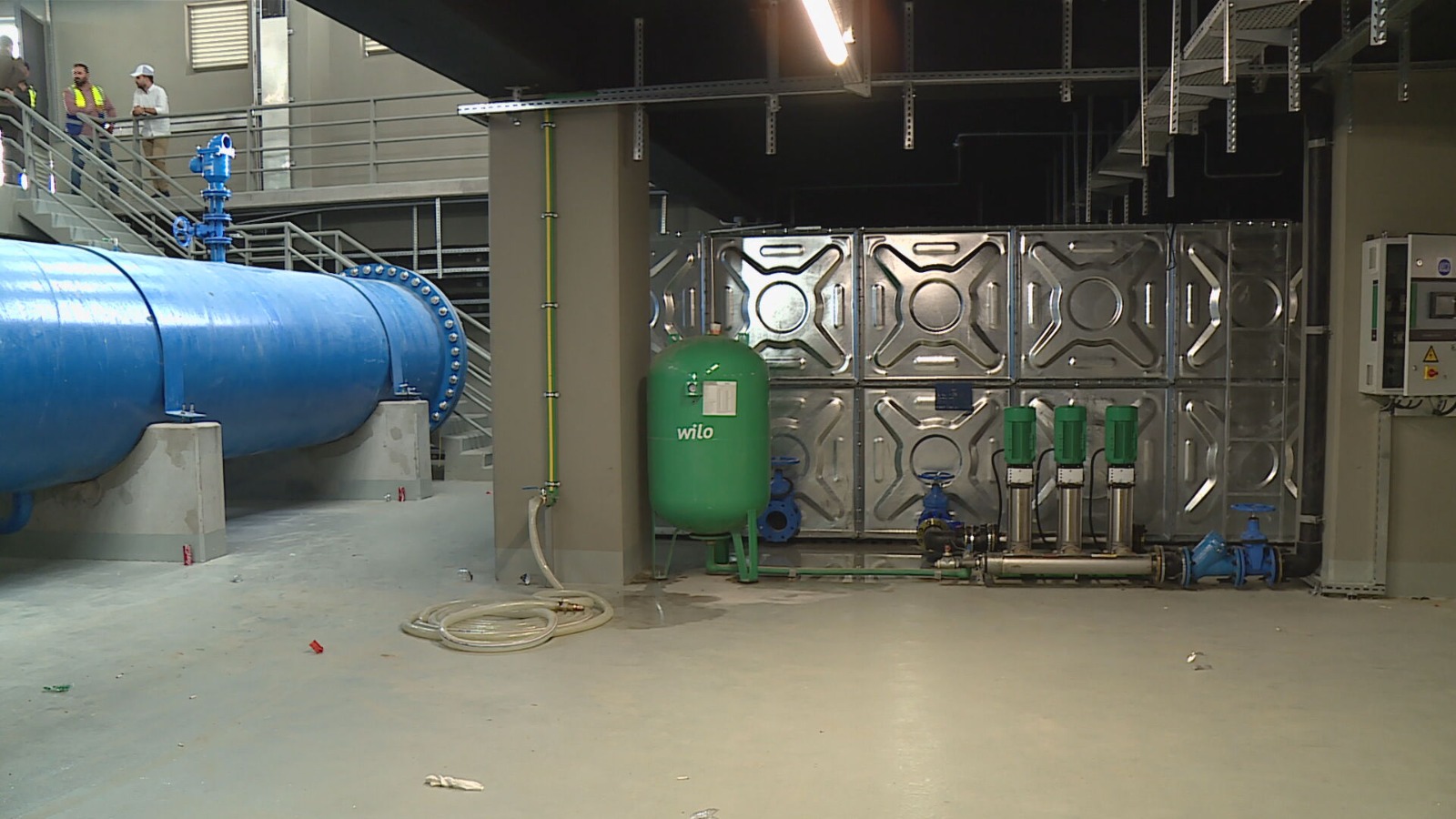
“We are currently focusing on operating the first line to ensure the pumping of 10,000 cubic meters of water per hour — the same amount supplied by the ‘Afraz’ project. This quantity will be delivered directly to multiple neighborhoods in Erbil,” Othman added.
The project is considered one of the Kurdistan Regional Government’s most vital infrastructure investments, aimed at addressing the region’s long-term water scarcity challenges. With Erbil’s population continuing to grow rapidly, the project is expected to provide sustainable water access for more than 30 years.
As engineers finalize the final phases and test pumping stations, city residents await the expected relief from chronic water shortages that have affected numerous districts across Erbil for years.
